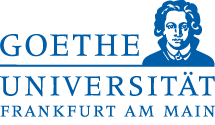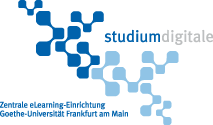ACM Group’12
http://www.acm.org/conferences/group/conferences/group12/participate.html
Submissions: March 1st, 2012
The ACM Group Conference will take place October 27 – 31, 2012, Sanibel Island, Florida/USA. Papers and Notes are due on March 1st, 2012.
Group 2012 provides many opportunities for attendees to participate. Submissions to the conference can be in the form of papers, notes, workshops, panels, and posters. Accepted papers and notes will be published in the ACM Press Conference Proceedings and the ACM Digital Library.
Group 2012 seeks to bring together researchers and practitioners from different areas working on the development, introduction, management, deployment, and analysis of computer-based collaborative systems. We particularly encourage submissions and participation from industry. Conference topics include:
Organizational and Social Issues:
- Benefits of computing applications, services and systems for organizations and organizational processes;
- Emerging computing technologies and their impact on work, home, healthcare, entertainment, or education;
- Keys to effective collaboration in teams and organizations;
- Cross-cultural studies;
- New forms of education and new forms of social relations based on cooperation technologies;
- New theories of socio-technical systems in organizations;
- Advantages of social computational systems for information seeking, problem solving, and decision making;
- Mobile and wearable technologies for cooperative work;
- New forms of Internet behavior, including social media and social computing;
- Strategies for successful online organizing;
- Organizational change and its relationship to information technologies;
- Understanding and modeling of groups or organizations;
- Strategies and solutions for the integration of emerging Internet businesses;
- Virtual organizations;
- Online communities: experiences and evaluation.
Technical and Implementation Issues:
- Innovative groupware solutions and technologies;
- Architectures to support collaboration;
- New development tools/toolkits/programming environments for collaborative systems;
- Coordination and workflow technology;
- Community Systems and Social Software;
- Cooperative knowledge management, organizational learning, and organizational memory;
- Tailorability and End User Developments;
- Highly flexible architectures, such as service- and component-based systems;
- Concurrency control;
- Innovative forms of human-computer interaction for cooperative technologies.

